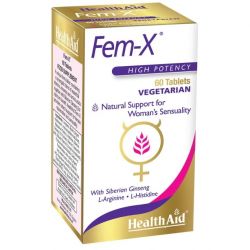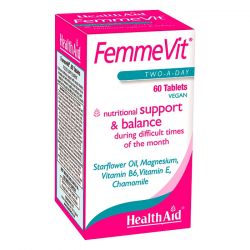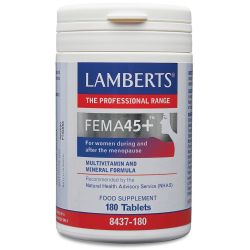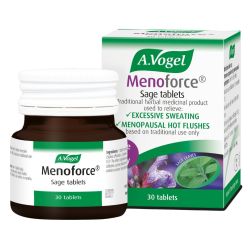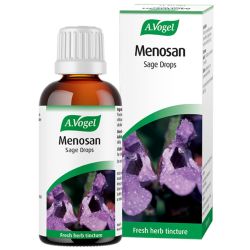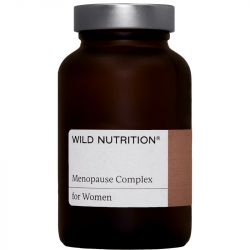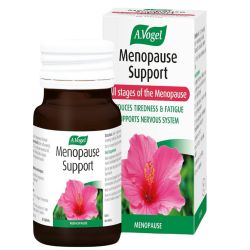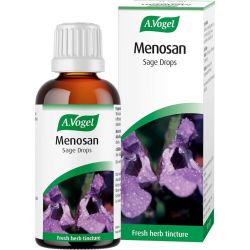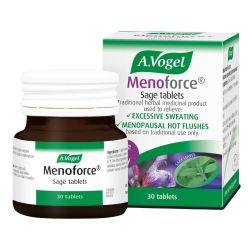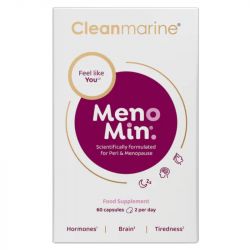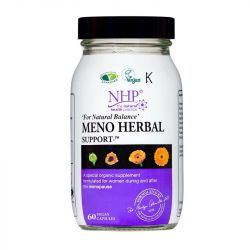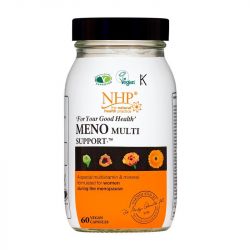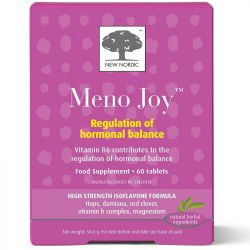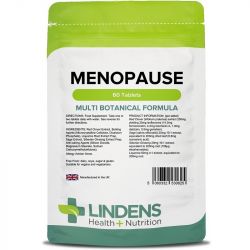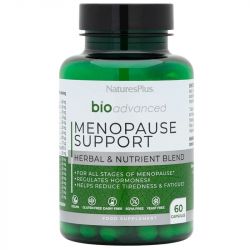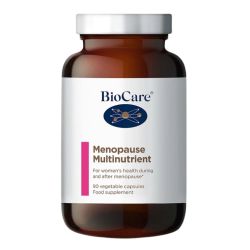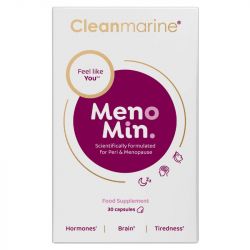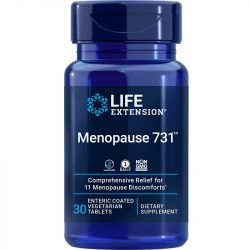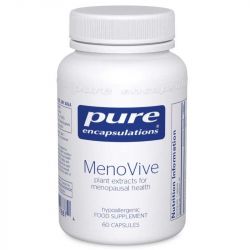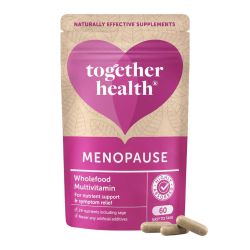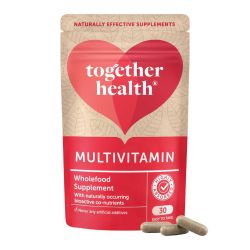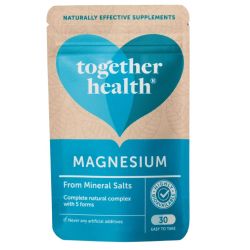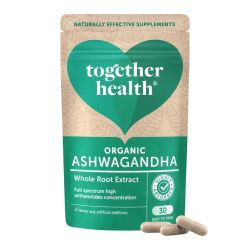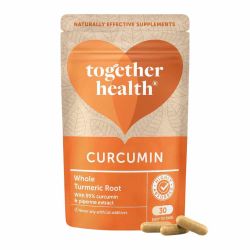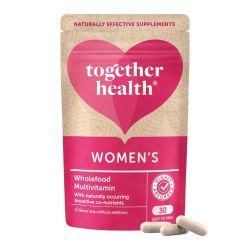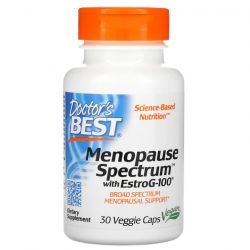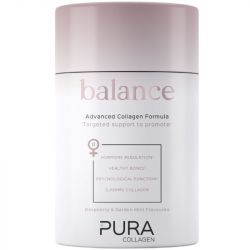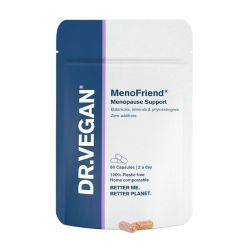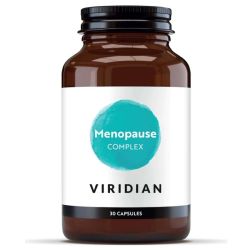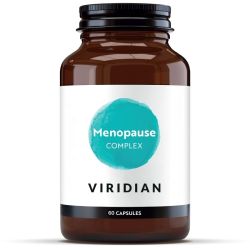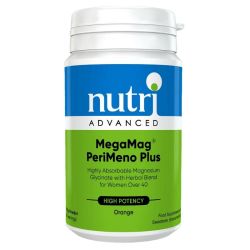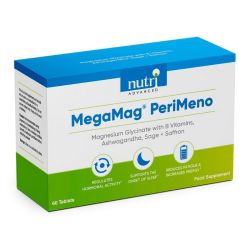Supplements for Menopause
Menopause is a natural phase in a woman's life, typically occurring between the ages of 45 and 55, marked by a significant drop in hormone levels, especially oestrogen. This transition brings various symptoms such as hot flushes, night sweats, mood swings, and fatigue, which can vary in severity. While menopause is a natural process, these symptoms can disrupt daily life and overall well-being.
To help manage these symptoms, many women turn to menopause supplements, which often contain ingredients like sage, known for easing hot flushes, magnesium for reducing fatigue and muscle tension, and vitamin D for bone health. Additionally, phytoestrogens, plant-based compounds that mimic oestrogen, such as soy isoflavones and red clover, can help balance hormone levels naturally. These supplements can be a helpful addition to managing the physical and emotional changes associated with menopause, offering a natural solution to symptom relief.
For in depth guidance and support read our guide:
Menopause | Everything you need to know
All you need to know about Menopause
Can you take HRT with menopause supplements?
Yes, supplements for menopause can generally be taken alongside HRT, and they can work together to alleviate menopause symptoms. Common supplements like calcium, vitamin D, and magnesium support bone health and are often used in conjunction with HRT. However, if you are taking HRT, supplements that contain phytoestrogens (like soy isoflavones) or black cohosh, which mimic oestrogen, may interact with HRT by amplifying or affecting hormone levels. In this case, always consult your doctor before combining HRT with phytoestrogens to ensure they are safe and effective for your individual needs.
When does the menopause actually start?
The time that menopause starts can greatly vary from woman to woman, as it mainly depends on how many reproductive eggs your body has left. Menopause typically happens between 45-55. Some women may go through it in their early forties or even late thirties, while others may not reach menopause until their late fifties. If you do start the menopause before the age of 45, you should talk to your GP.
What are the typical symptoms of menopause?
The main symptom of menopause is a lack of periods, which is linked to your reproductive system. Some women find their periods stop altogether, but this can be quite rare. More common is a gradual decline of regular periods, with longer gaps of time between them. Once you have not had a period in over a year, you have gone through the menopause. Other common symptoms of menopause include hot flushes and fluctuating temperature, sweating during the night, feeling tired and mood swings.
What supplements should I taking during menopause?
During menopause, estrogen levels in the body decrease, which could heighten your risk of developing osteoporosis, incontinence and heart disease. Eating a healthy diet is therefore very important, but so is getting enough vitamin A (for bones), vitamin B (for blood cell function), vitamin B-6 (for serotonin production), and vitamin D and vitamin E (to reduce inflammation).
What are the best natural supplements for perimenopause?
Good natural remedies for perimenopause include sage, ginseng, vitamin D, wild yam, dong quai, soy and black cohosh.

